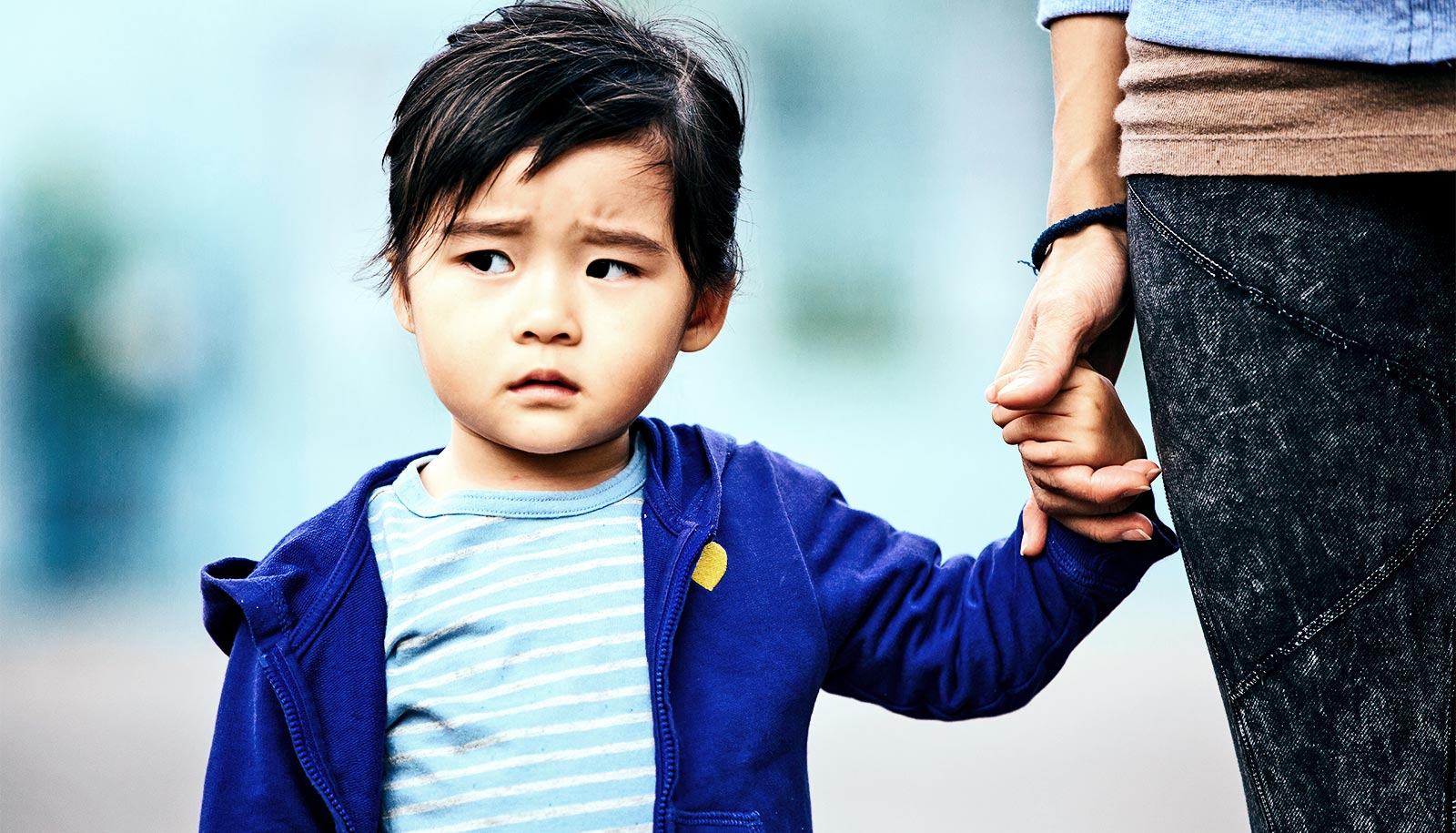Parents with greater depression symptoms report experiencing less empathy—even toward their own children, according to a new study.
That could have significant long-term negative effects, the researchers say.
“Feeling understood and accepted is important for everyone, but especially in the context of the parent-child relationship,” says Kathryn L. Humphreys, assistant professor of psychology at Vanderbilt University’s Peabody College of education and human development and senior author of the paper in PLOS ONE.
“Research studies find that when children don’t receive empathic responses from caregivers, they tend to have a wide variety of negative outcomes, including elevated physiological responses to stress, increased risk for psychiatric disorders, especially depression, and decreased empathy toward others.”
The findings may be particularly pertinent during the current COVID-19 outbreak, a time when depression and anxiety are on the rise as parents struggle to balance health and financial concerns with isolation, working from home, and caring for (and educating) their young children, the study authors say.
“Depression doesn’t just affect the person who is experiencing it.”
“Our findings may help to explain why parents with depression are more likely to engage in negative parenting behaviors, such as withdrawal or hostility, and reduced positive parenting behaviors, like sensitivity, engagement, and warmth,” says lead author Virginia Salo, a postdoctoral fellow. “Depression doesn’t just affect the person who is experiencing it.”
Parents experiencing depression are more likely to struggle with fatigue and irritability, making even routine family-centric activities like reading together, preparing meals, and playing games more difficult, Humphreys says.
These activities are important because they can build emotional connection, boost learning, and enhance language skills.
“A parent’s difficulty identifying and connecting with a child’s emotions is particularly concerning during these turbulent times when children’s worlds are being disrupted and parents are the primary source for providing a sense of safety,” Humphreys says.
Estimates show that worldwide, more than 300 million people experience a major depressive episode in their lifetime. Among adults in the United States alone the lifetime prevalence of major depressive disorder is approximately 21%.
Source: Vanderbilt University



